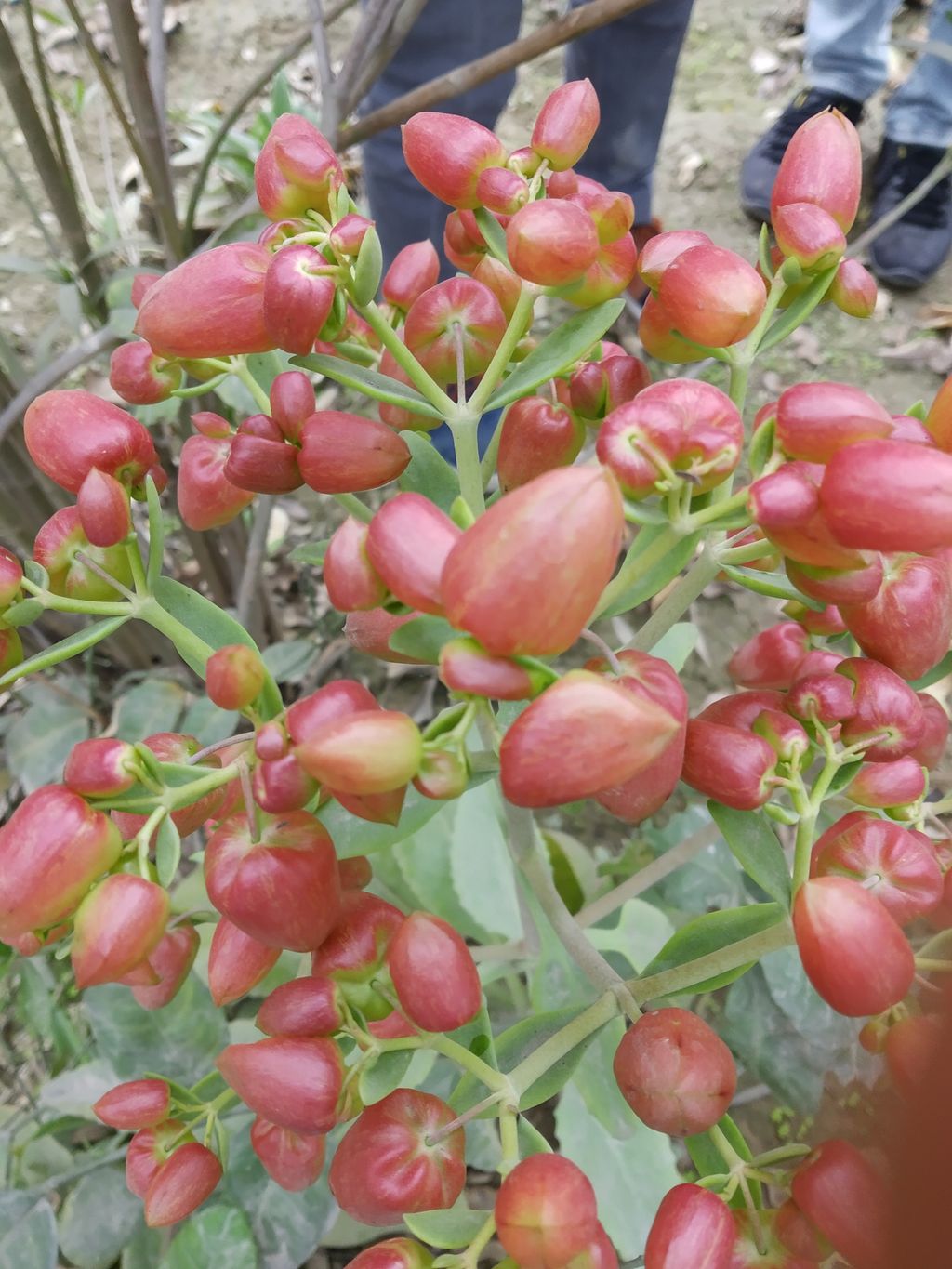Kidney stones are a common condition that can cause severe pain and discomfort. In this article, we will explore the Ayurvedic approach to treating kidney stones, including herbal remedies, dietary recommendations, and preventive measures. Understanding the causes and symptoms of kidney stones is crucial for effective treatment and prevention. Let’s delve into the key takeaways from this comprehensive guide to Ayurvedic treatment for kidney stones.
Key Takeaways
- Ayurvedic principles emphasize the importance of balancing the body’s energies to promote overall health and well-being.
- Herbal remedies such as Punarnava, Gokshura, and Varuna are commonly used in Ayurvedic treatment for kidney stones.
- Dietary recommendations in Ayurveda focus on a balanced diet that includes hydrating foods, fruits, and vegetables to support kidney health.
- Hydration plays a crucial role in preventing kidney stones, so it’s essential to drink an adequate amount of water each day.
- Regular monitoring of kidney function and overall health is essential for early detection and prevention of kidney stones.
Understanding Kidney Stones
What Are Kidney Stones?
What Are Kidney Stones?
Kidney stones are small, hard mineral deposits that form in the kidneys. They can cause intense pain and discomfort when they pass through the urinary tract. The most common type of kidney stone is made of calcium oxalate.
| Type | Description |
|---|---|
| Calcium | 75-85% |
| Uric Acid | 5-10% |
| Struvite | 10-15% |
| Cystine | Less than 1% |
Kidney stones can vary in size and may require medical intervention for removal. It’s important to seek medical advice if you experience symptoms of kidney stones such as severe pain, blood in urine, or difficulty urinating.
Causes of Kidney Stones
Kidney stones are formed when certain substances in the urine, such as calcium, oxalate, and uric acid, become highly concentrated. Genetics, diet, and dehydration are common factors that contribute to the formation of kidney stones. Other medical conditions and certain medications can also increase the risk of developing kidney stones.
It is important to address these causes in order to prevent the recurrence of kidney stones.
| Risk Factors | Description |
|---|---|
| Genetics | Family history of kidney stones increases the risk. |
| Diet | High intake of oxalate-rich foods and animal protein can contribute to stone formation. |
| Dehydration | Inadequate fluid intake leads to concentrated urine, promoting stone formation. |
Symptoms of Kidney Stones
Symptoms of Kidney Stones
Kidney stones can cause a variety of symptoms, including:
- Severe pain in the side and back
- Pain that radiates to the lower abdomen and groin
- Painful urination
- Blood in the urine
- Nausea and vomiting
It is important to seek medical attention if you experience any of these symptoms.
| Symptom | Description |
|---|---|
| Severe pain | Intense, sharp pain in the side and back |
| Painful urination | Discomfort and burning sensation during urination |
| Blood in the urine | Urine may appear pink, red, or brown |
Ayurvedic Approach to Treating Kidney Stones
Ayurvedic Principles
Ayurvedic principles focus on balancing the body’s doshas, including Vata, Pitta, and Kapha. These principles emphasize the use of herbal remedies and natural therapies to restore harmony and promote overall well-being. The treatment approach involves a combination of herbal formulations, dietary modifications, and lifestyle recommendations. Below is a table outlining the dosha-balancing herbs commonly used in Ayurvedic treatment for kidney stones:| Dosha | Balancing Herb ||——-|—————–|| Vata | Guggulu || Pitta | Amalaki || Kapha | Punarnava |
Herbal Remedies
Herbal Remedies
Ayurveda offers a variety of herbal remedies for treating kidney stones. These remedies are derived from natural plants and herbs, each with its own unique properties. Some commonly used herbs include:
- Punarnava
- Gokshura
- Varuna
These herbs are known for their ability to dissolve kidney stones and alleviate associated symptoms. According to Ayurvedic principles, the use of these herbs can help restore balance within the body, promoting overall wellness. The effectiveness of these remedies has been recognized for centuries, making them a valuable part of Ayurvedic treatment for kidney stones.
Dietary Recommendations
In addition to herbal remedies, following a kidney stone diet can help prevent future occurrences. This diet should include plenty of fluids, especially water, to maintain proper hydration. Foods high in oxalates and sodium should be limited, while incorporating calcium-rich foods is recommended. It’s important to consult with an Ayurvedic practitioner to create a personalized dietary plan. Below is a table outlining some dietary recommendations:
| Foods to Limit | Foods to Incorporate |
|---|---|
| High-oxalate foods | Calcium-rich foods |
| High-sodium foods | Fresh fruits and vegetables |
Following a balanced diet is essential for managing kidney stones and promoting overall well-being. By making the right dietary choices, individuals can support the effectiveness of Ayurvedic treatment and reduce the risk of kidney stone recurrence.
Preventive Measures for Kidney Stones
Lifestyle Changes
Lifestyle changes play a crucial role in preventing the recurrence of kidney stones. It is important to maintain a healthy and balanced diet, exercise regularly, and manage stress effectively. Additionally, incorporating adequate hydration and reducing the intake of sodium and processed foods can significantly reduce the risk of developing kidney stones. A balanced lifestyle is essential for long-term kidney health.
It is essential to make sustainable lifestyle changes to promote overall well-being and prevent the formation of kidney stones.
| Lifestyle Changes | Benefits |
|---|---|
| Balanced Diet | Nutritional Support |
| Regular Exercise | Physical Well-being |
| Stress Management | Mental and Emotional Health |
Regular Monitoring
Regular monitoring is an essential part of preventing kidney stones. Patients should undergo regular check-ups to monitor their kidney health and identify any early signs of stone formation. Monitoring may include urine tests, blood tests, and imaging studies. It is important to maintain a healthy lifestyle and follow the dietary recommendations provided by a healthcare professional. Additionally, staying well-hydrated is crucial in preventing the recurrence of kidney stones. The table below provides a summary of dietary recommendations for preventing kidney stones:
| Food Group | Recommendation |
|---|---|
| Fruits and Vegetables | Increase consumption of citrus fruits and leafy greens. |
| Dairy Products | Limit intake of calcium-rich foods. |
| Protein | Moderate consumption of animal protein. |
- Increase consumption of citrus fruits and leafy greens.
- Limit intake of calcium-rich foods.
- Moderate consumption of animal protein.
Patients should consult with a healthcare professional to create a personalized plan for preventing kidney stones.
Conclusion
Effectiveness of Ayurvedic Treatment
Ayurvedic treatment for kidney stones has shown promising results in providing relief from pain and expelling stones. The use of herbal remedies and dietary modifications has been effective in preventing the recurrence of kidney stones. Additionally, regular monitoring of kidney health is essential to track progress and make necessary adjustments to the treatment plan. See the table below for a comparison of Ayurvedic treatment and conventional treatment methods.
| Treatment Method | Benefits |
|---|---|
| Ayurvedic | Natural, holistic approach |
| Conventional | Surgical intervention, medication |
- Holistic approach: Ayurvedic treatment focuses on treating the whole person, addressing the underlying imbalances in the body.
Ayurvedic treatment emphasizes the importance of maintaining a healthy lifestyle and balanced diet to support kidney health.
Future Research
Future research in the field of Ayurvedic treatment for kidney stones is essential to explore the efficacy of various herbal remedies and dietary recommendations. Additionally, clinical trials comparing Ayurvedic approaches with conventional treatments can provide valuable insights. It is important to consider the long-term effects and safety of Ayurvedic treatments for kidney stones. Moreover, investigating the holistic health benefits of Ayurveda in preventing kidney stones could offer valuable information.
| Research Focus | Importance |
|---|---|
| Efficacy of Herbal Remedies | High |
| Safety of Ayurvedic Treatments | Moderate |
| Holistic Health Benefits | High |
- Continued collaboration between Ayurvedic practitioners and modern healthcare professionals is crucial for advancing the understanding and integration of Ayurvedic treatment for kidney stones.
Collaboration between Ayurvedic and modern healthcare professionals is crucial for advancing the understanding and integration of Ayurvedic treatment for kidney stones.
Holistic Health Benefits
Ayurvedic treatment for kidney stones offers holistic health benefits that go beyond just treating the symptoms. The natural remedies and dietary recommendations in Ayurveda aim to restore balance to the body and promote overall well-being. By addressing the root cause of kidney stones and focusing on preventive measures, Ayurvedic treatment supports the body’s natural healing process. Additionally, the emphasis on hydration and lifestyle changes contributes to long-term health. The holistic approach of Ayurveda encourages individuals to make sustainable changes for their well-being.
Ayurvedic treatment focuses on the interconnectedness of the mind, body, and spirit, emphasizing the importance of balance and harmony in achieving optimal health.
| Holistic Health Benefits |
|---|
| – Restores balance to the body |
| – Promotes overall well-being |
| – Supports the body’s natural healing process |
| – Emphasizes hydration and lifestyle changes |
| – Encourages sustainable changes for well-being |
Frequently Asked Questions
What are the common causes of kidney stones?
Common causes of kidney stones include dehydration, high levels of certain substances in the urine, and family history of kidney stones.
Are there any specific dietary recommendations for preventing kidney stones?
Yes, a diet low in oxalate-rich foods such as spinach, nuts, and chocolate, and high in citrate-rich foods like lemons and oranges can help prevent kidney stones.
Can Ayurvedic treatment completely dissolve kidney stones?
Ayurvedic treatment can help in dissolving small kidney stones, but larger stones may require other medical interventions.
What are some common symptoms of kidney stones?
Common symptoms include severe pain in the side and back, pain that radiates to the lower abdomen and groin, and blood in the urine.
How does hydration play a role in preventing kidney stones?
Proper hydration helps to dilute the substances in the urine that lead to the formation of kidney stones, reducing the risk of stone formation.
Are there any side effects of using herbal remedies for kidney stones?
While herbal remedies are generally safe, some individuals may experience allergic reactions or digestive issues. It’s important to consult a healthcare professional before using herbal remedies.











